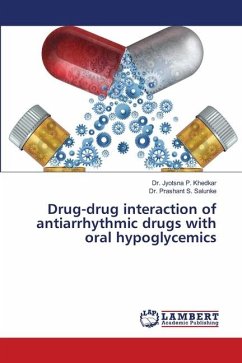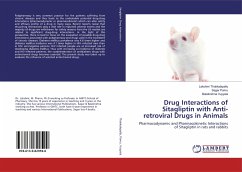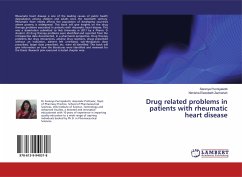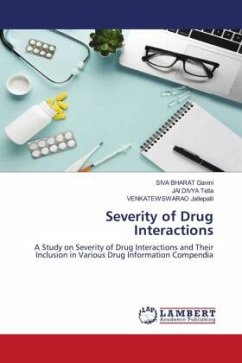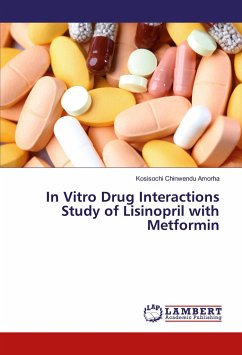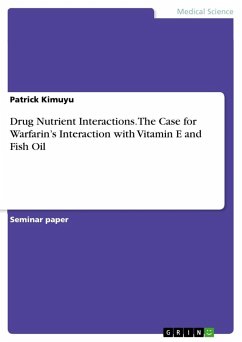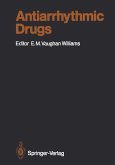Drug interactions can have a significant clinical impact on patients and can be extremely dangerous or even harmful. A common antiarrhythmic medication for treating cardiac arrhythmia is amiodarone. Amiodarone has a potent inhibitory effect on the CYP2C9 and CYP3A4 isoenzymes. Similar to this, the isoenzymes CYP2C9 and CYP3A4 metabolise anti-diabetic medications such rosiglitazone, pioglitazone, repaglinide, and nateglinide. CYP3A4breaks down sitagliptin and teneligliptin. Glibenclamide and glimepiride are bothmetabolised by CYP2C9 and CYP3A4, respectively. A pharmacological interaction between amiodarone and antidiabetic drugs is therefore entirely possible. Therefore, the goal of the current investigation is to comprehend any potential interactions between amiodarone and antidiabetic drugs. Study carried out at DCS's ARA college of Pharmacy, Dhule Maharashtra for fulfillment of Doctor of Philosophy of Lincoln University College Malaysia.
Bitte wählen Sie Ihr Anliegen aus.
Rechnungen
Retourenschein anfordern
Bestellstatus
Storno

